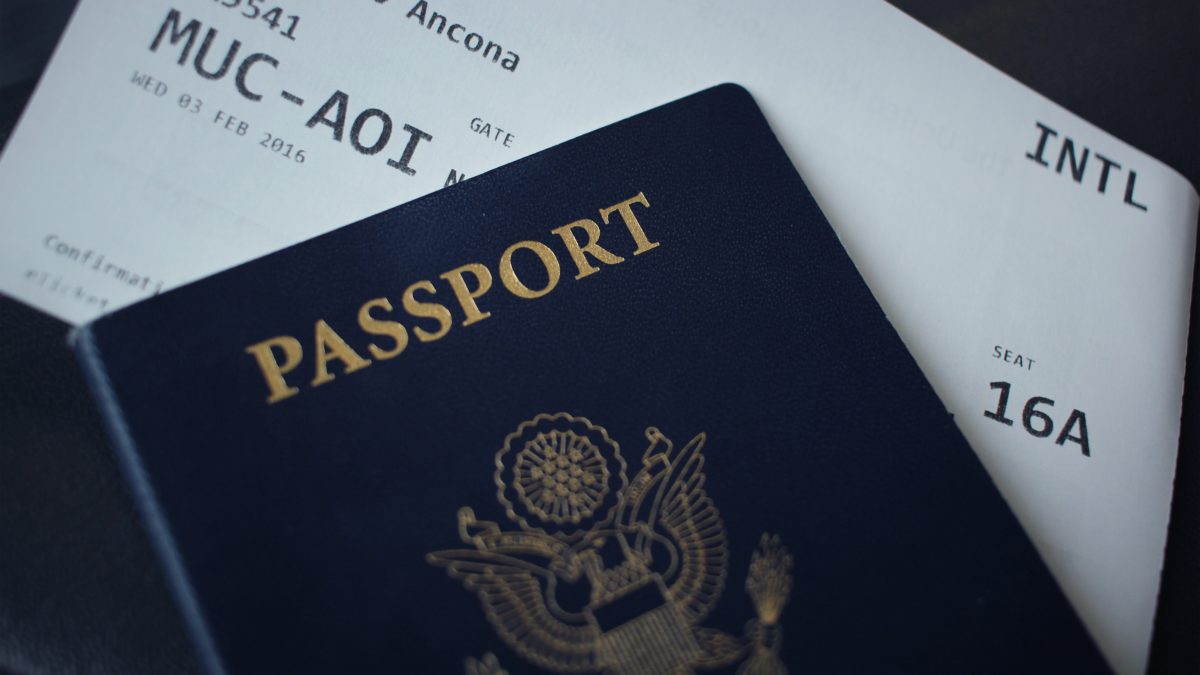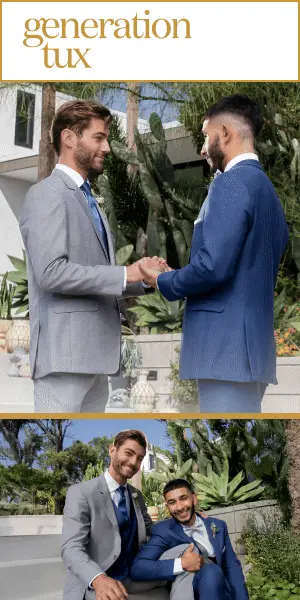On Wednesday, the U.S. State Department announced groundbreaking policy changes that will allow LGBTQ+ people to accurately express their gender on passports.
A press release explained that effective immediately, passport applicants will be able to select ‘Male’ or ‘Female’ on passports with no medical proof required, even if the gender doesn’t match an applicant’s other legal documents.
The announcement also said it is “moving towards” adding an ‘X’ gender marker for non-binary, intersex, and gender non-conforming people.
The Department did not release a specific timeline of when that will happen. The press release said the implementation of a third option is “technologically complex and will take time for extensive systems updates. ”
“The Department will also be working closely with its interagency partners to ensure as smooth a travel experience as possible for the passport holder,” the release added.
The decision comes in large part due to the efforts of Lambda Legal Plaintiff Dana Zzyym, a nonbinary U.S. Navy veteran, who has spent six years in a legal battle with the U.S. government fighting to accurately display their gender on their passport.
In statement, Zzym expressed excitement about the State Department’s announcement.
“I’ve been at this fight for so long,” Zzyym said. “I am optimistic that, with the incredible support and work of Lambda Legal and the Intersex Campaign for Equality, I will soon receive an accurate passport. One that reflects who I truly am; and that will allow for me to present in person at the several international conferences to which I’ve been invited to present on issues confronting intersex people.”
Lambda Legal Counsel Paul D. Castillo added, “The update to the State Department’s policy has been a long time coming and is prompted in large part by three separate court rulings in Dana’s favor. Dana showed incredible courage and perseverance throughout, and it is rewarding now to see the light at the end of the tunnel.”
“With today’s announcement, countless intersex, nonbinary, and other gender-diverse United States passport applicants will at last get the accurate passports they need,” Castillo continued. “As important, self-certification of their identity removes unnecessary barriers and makes accurate IDs accessible to more people, reducing discrimination, harassment, and violence aimed at transgender people.”
Molly Sprayregen
MOST VIEWED STORIES
- The Future of Marriage Equality: Idaho Representative Proposes Reconsideration
- Chloë Grace Moretz Sparks Engagement Buzz with Kate Harrison: A Close-Up of Those Dazzling Rings
- 5 Unique and Thoughtful Wedding Gifts For Your Favorite Couple
- Engaged Sourcing: Revolutionizing Wedding Lodging with Expertise and Heart
- A Timeless Love: Bee and Yosh’s Roaring 20s-Inspired Wedding






























